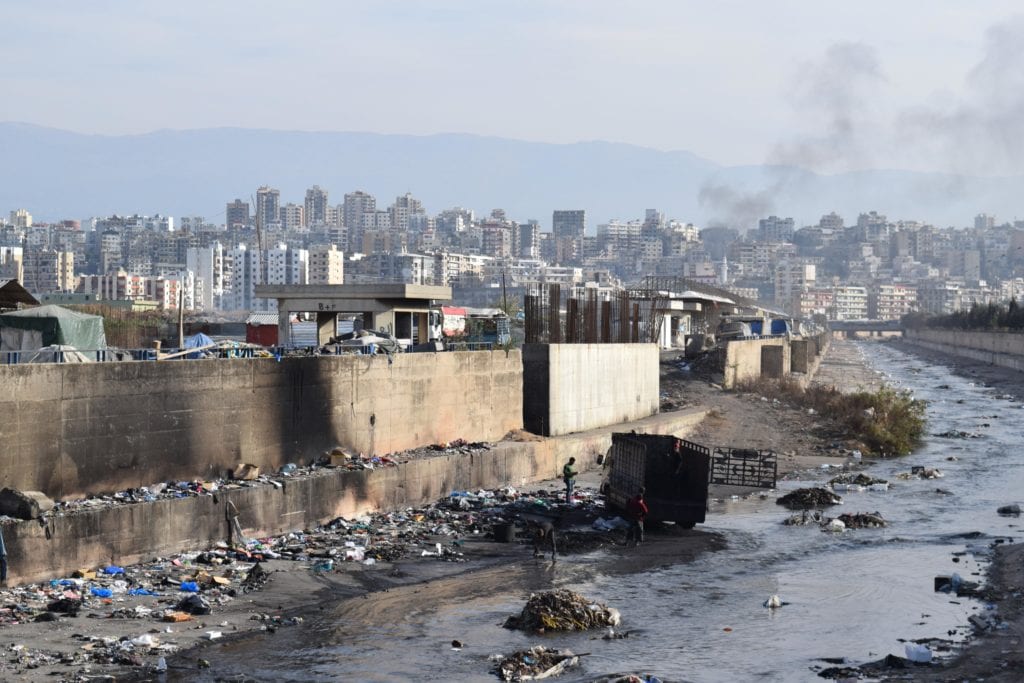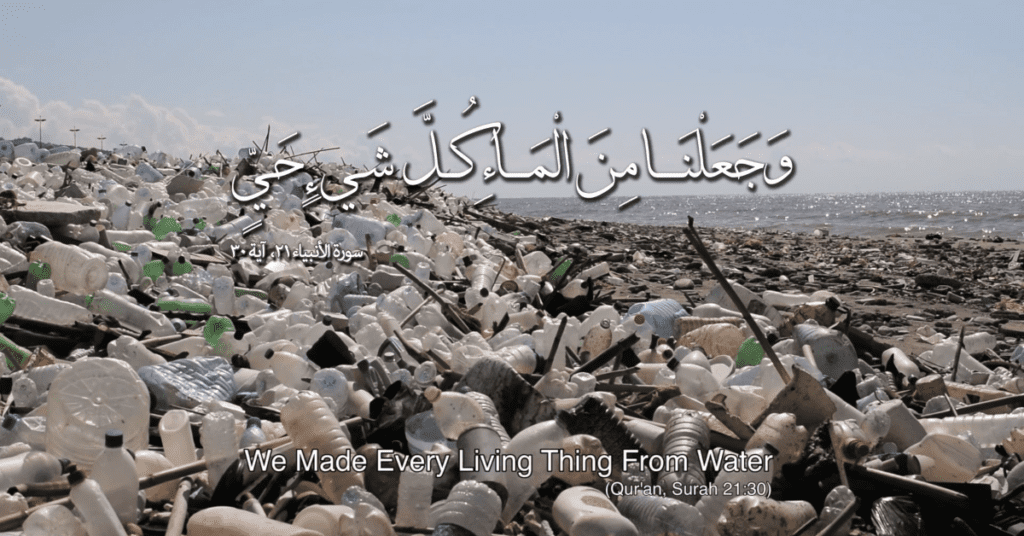We made every living thing from water
Water is essential to all aspects of life for all species on this planet. As such, the access to water, usage of it, and its management reflect on the wellbeing of society in general.
However, there are multiple elements that formalize the dynamics of distributing freshwater resources, namely: policies, infrastructure, and quality control. Historically, access to water has been a major issue for civilizations and the centrality of economic and political power determined the social flows of water: who gets what kind of water.

It is apparent that there is no magic bullet to solving the world’s water issues due to the multiplicity of stakeholders and their differential interests and capacities. As a result, a more socially-equitable, economically-efficient, and ecologically-sustainable outcome will require citizens to be organized and active.
With that in mind, we recently held a documentary viewing of ‘We Made Every Living Thing from Water‘ followed by a Q&A session with journalist Paul Cochrane and researcher Dr. Karim Eid-Sabbagh.
The documentary investigates the political economy of water in Lebanon – how the flows of water are shaped by power and capital.

Commenting on the movie, Paul Cochrane said: “We made We Made Every Living Thing from Water as we knew the situation was bad – the documentary is loosely based on Karim’s Ph.D. thesis – but we didn’t realize how shockingly bad it was until we went out in the field to film and research. The lead cameraman got sick at one point from the pollution. Amid Lebanon’s numerous systemic problems, and the struggle against the political system, the country’s water situation should be high up on the list of issues to be addressed – from the ground roots up – for a sustainable future: “mafee mai, mafee hayat” – no water, no life. The management of water resources is a political issue.”
Political economy, water, and media
Filmed in the wake of the July 2015 trash crisis, this documentary highlights the dangerous impact environmental degradation is having in Lebanon and its water resources, and how in the face of governmental disregard for ecological concerns the public is starting to mobilize in order to protect a common resource.
The 40-minute documentary shows how politics, sectarianism, development agencies and economics produce specific management, and mismanagement, of Lebanon’s water resources.
